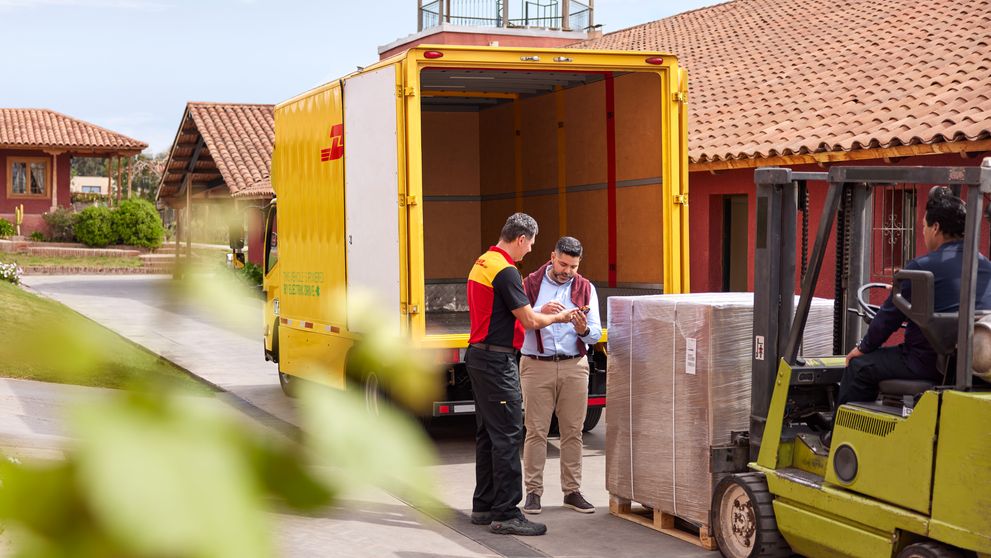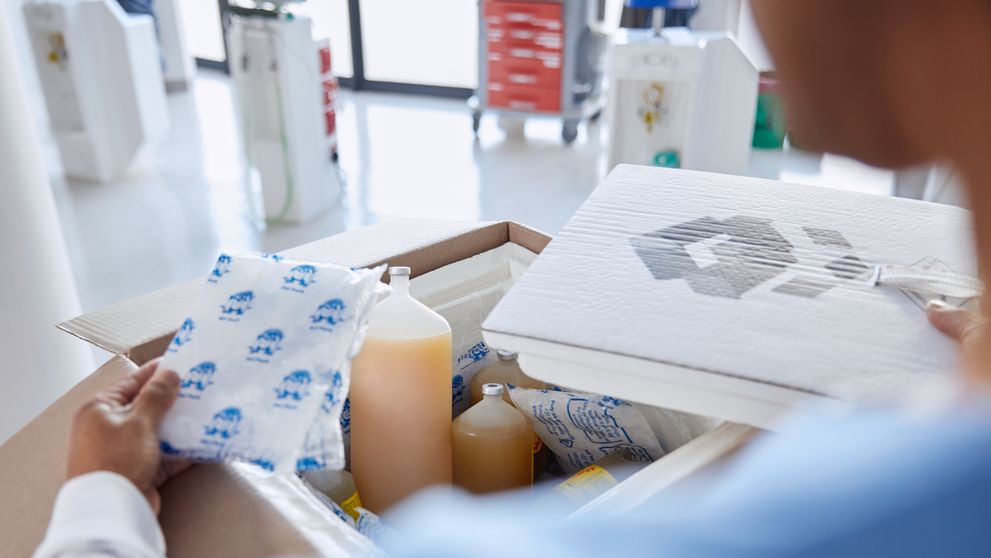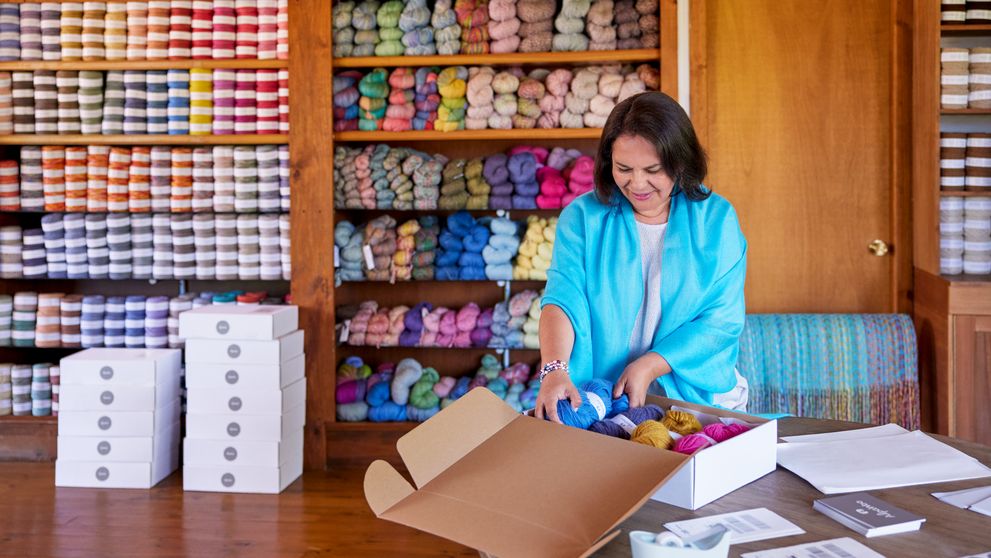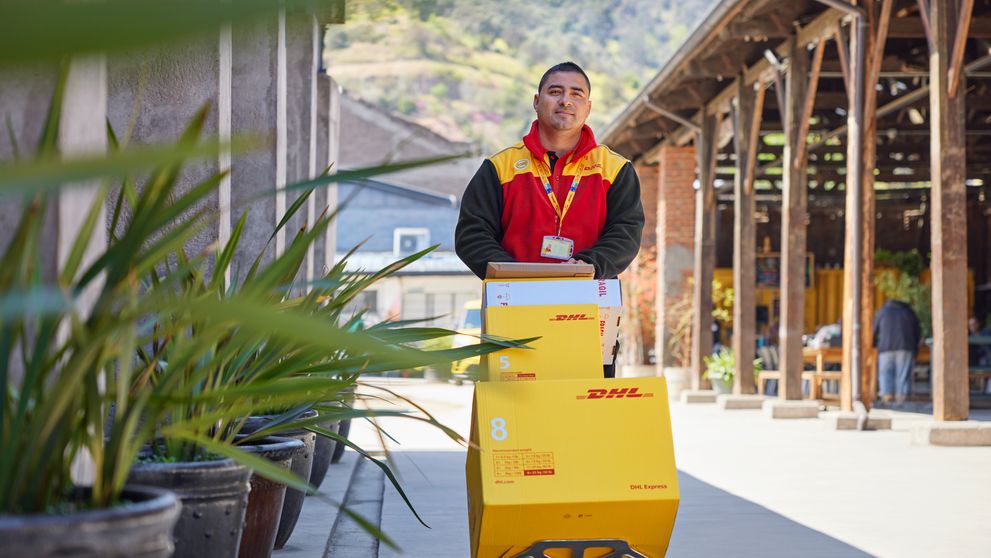The United Kingdom (UK) is one of Pakistan's key trading partners, with trade in goods and services totaling £4.1 billion in the year leading up to Q1 2024, according to the UK Department for Business and Trade. A significant portion of this exchange is driven by Pakistan’s textile industry, with fabrics accounting for 31.9% of the UK's total imports from the country. Among these, house linens stand out as key export products. As the UK market continues to thrive, there is ample opportunity for sellers to capitalize on the growing demand for Pakistani house linens, driving business growth and expanding market share.
Thriving house linen industry in Pakistan
In 2023, the world export value of commodity group 6302 "bed, table, toilet, and kitchen linen" from Pakistan reached US$3.86 billion, as reported on Trend Economy. This underscores house linen as a main export of Pakistan, reflecting the strength of its textile industry and growing international reputation.
So, what is household linen? It encompasses various types of linen materials, including:
- Bed linens: Soft, durable bedsheets and pillowcases crafted from pure cotton.
- Table linens: Elegant Pakistani tablecloths with intricate designs and high-thread-count fabrics.
- Kitchen linens: Absorbent dishcloths made from high-quality cotton for heavy use.
These export items from Pakistan to the UK are known for their exceptional craftsmanship, affordability, and ability to enhance home aesthetics.
Understanding the demand for house linens in the UK
Market trends
The UK market for house linens is shifting, with current trends indicating a strong inclination towards:
- Natural materials: Cotton and linen remain popular for their breathability and comfort.
- Sustainable materials: Preference for organic and ethically sourced linen fabrics.
- Minimalist aesthetics: Clean lines and simple designs that complement contemporary styles.
Consumer preferences
UK consumers also prioritize:
- Material quality: Organic, hypoallergenic options that promote health and comfort.
- Color schemes: While soft, muted tones are preferred, vibrant colors are favored for seasonal updates. As a result, brands offering a diverse color palette are more likely to capture consumer interest.
- Functionality: Demand for machine-washable, fade-resistant products; consumers are willing to pay more for low maintenance. Brands that highlight the ease of care and long-lasting quality are more likely to resonate with the locals.
Seasonal demand
Additionally, there are seasonal fluctuations that impact the demand for various types of household linens:
- Winter: Consumers tend to favor heavier, warmer fabrics like flannel and thermal bed linens.
- Spring and summer: Lighter materials such as cotton and linen gain popularity, with consumers seeking vibrant colors to refresh their living spaces.
Understanding these trends enables exporters to align their offerings with market demand, ensuring they stock the right products at the right times.
Retail landscape
The retail environment for house linens in the UK is a blend of brick-and-mortar stores and a rapidly growing online presence. This shift towards e-commerce presents more opportunities for shipping from Pakistan to the UK. Thus, understanding how to navigate peak e-commerce trends is essential for success.
How to export fabric linens: Leveraging trade agreements for UK market access
As the demand for high-quality international linens from Pakistan continues to rise, Pakistani exporters have a timely opportunity to enhance their market presence. However, successfully tapping into this growing market requires more than just quality products; this is where free trade agreements of Pakistan also play a pivotal role.
Developing Countries Trading Scheme (DCTS)
The primary advantage of the DCTS is the elimination of tariffs. With 94% of goods exported from Pakistan eligible for duty-free access to the UK, exporters benefit from an estimated £120 million in savings on tariffs. This reduction in costs enables exporters to offer more competitive pricing, appealing to UK consumers who are often price-sensitive. The DCTS also minimizes bureaucratic obstacles, enabling exporters to navigate regulatory requirements effectively.
Tips for shipping house linens from Pakistan to the UK
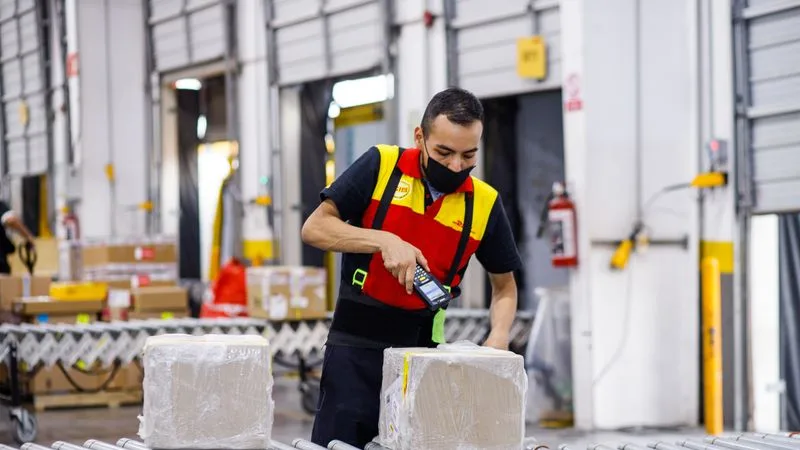
Apart from leveraging free trade agreements, effective logistics management for Pakistan's exports to the UK is crucial for maintaining competitiveness in the market. Here are some tips for shipping house linens from Pakistan to the UK:
Understand customs taxes and duties
Identify the correct Harmonized System (HS) code for your products and consult the UK Trade Tariff online for applicable customs duties. Use the UK Duty Calculator, which estimates duties based on the HS code and the customs value of the shipment, including packaging, shipping, and insurance costs.
Prepare documents required for export
Ensure you have the necessary export documents for UK customs clearance, including:
- Commercial Invoice
- Packing List
- Certificate of Origin
- Export License (if applicable)
Depending on the chosen overseas shipping method, you will also need a Bill of Lading for sea freight or an Airway Bill for air cargo shipping.
Partner with a reliable logistics solution provider
Selecting a trusted global logistics partner can further ensure timely and efficient delivery. A reliable logistics provider not only facilitates the physical transport of goods but also assists with customs compliance and documentation complexities.
Best practices for packaging and shipping house linens
In addition to selecting a reliable logistics solution partner, proper packaging is essential to protect delicate items during transit. To ensure your house linens arrive in pristine condition:
- Choose double-walled corrugated boxes secured with reinforced tape to prevent opening during transit.
- Incorporate silica gel packs to shield against humidity.
- Employ cardboard dividers to separate different items, reducing friction.
- Otherwise, use zip ties to bundle items and bubble wrap for delicate pieces, ensuring they remain stationary during transport.
Lastly, consider eco-friendly packaging solutions to enhance your brand's appeal to environmentally conscious consumers. By paying attention to the choice of packaging materials and employing effective techniques, Pakistani exporters can significantly reduce the risk of damage during shipping from Pakistan to the UK.
Unlocking potential in the UK house linen market
The future of exporting house linens from Pakistan to the UK looks promising, fueled by growing consumer demand for high-quality, aesthetic products. To navigate this landscape effectively, exporters can leverage the customs expertise and shipping solutions offered by DHL Express. With extensive experience in the international shipping of linens from Pakistan, our team is adept at navigating customs regulations to minimize errors and ensure compliance. Our support empowers businesses to streamline operations and guarantee timely delivery. Open your DHL Express business account today and take the first step towards successful overseas shipping!


